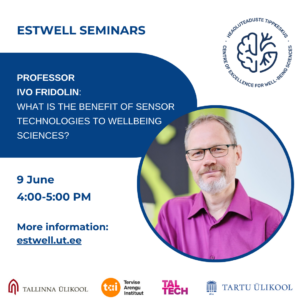
- This event has passed.
EstWell seminar
Professor Ivo Fridolin: What is the benefit of sensor technologies to wellbeing sciences?

Well-being sciences are classically associated with the fields such as psychology, public health and social sciences. This is also reflected in the structure of EstWell, where the majority of research groups are representatives of these fields. However, innovation has more favorable opportunities to emerge in an interdisciplinary research environment. The research group Sensor Technologies in Biomedical Engineering at the Department of Health Technologies of Tallinn University of Technology mainly cultivates engineering science, helping to strengthen the cross-disciplinary dimension in the center of excellence for well-being sciences.
Developments in sensor technologies, which enable more miniaturized, portable and non-invasive biomonitoring, offer several interesting options also in the direction of well-being sciences. The lecture aims to reflect this – for example, how sensor technologies could help improve the well-being of patients on end-stage renal replacement therapy and how the photoplethysmographic signal could be used for individual-based assessment of stress levels. It also provides a brief insight into the question “Does the small research group at Tallinn University of Technology have a role in the discovery and patenting of new metabolic biomarkers in the current frenzy of ‘omics’ research?”

